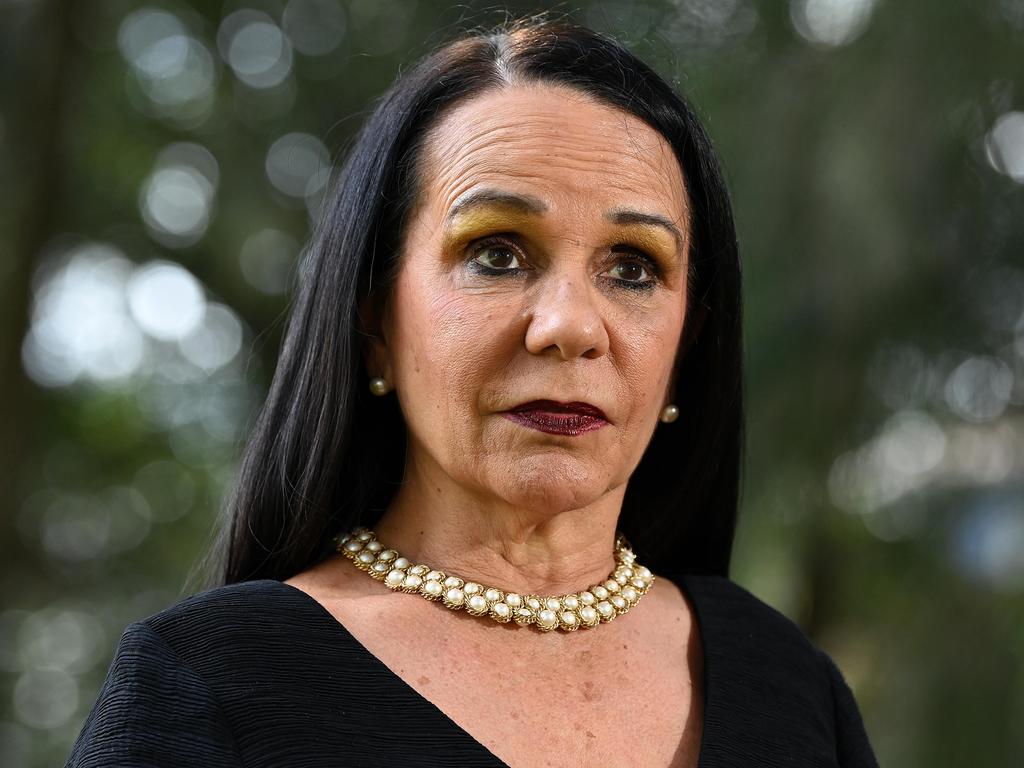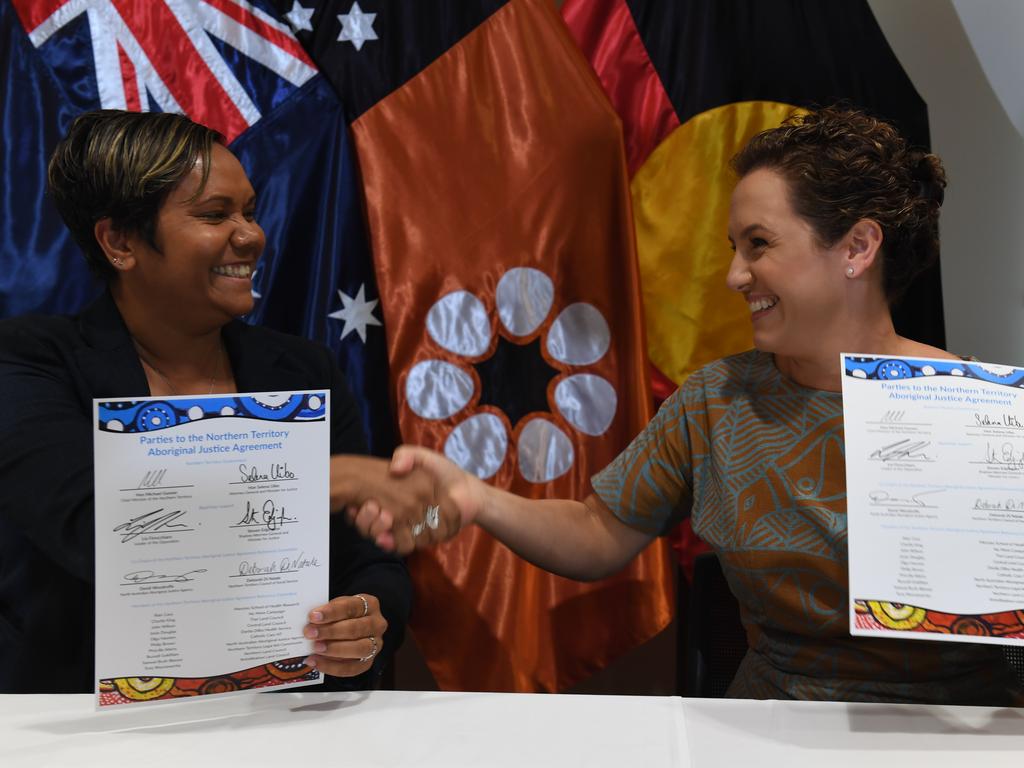‘Malcolm Turnbull’s about-face on Indigenous recognition’, says Noel Pearson
Noel Pearson has claimed that two years before Malcolm Turnbull dismissed a constitutionally enshrined Indigenous voice for a third chamber he privately described it as ‘a very sensible idea’.

Cape York Institute founder Noel Pearson has claimed that two years before Malcolm Turnbull dismissed a constitutionally enshrined Indigenous voice as a proposal for a third chamber of parliament he privately described it as “a very sensible idea”.
Mr Turnbull was prime minister in 2017 when he responded to the call by 250 Indigenous delegates from across Australia for a constitutionally enshrined Indigenous voice as neither desirable nor capable of succeeding at a referendum. The voice proposal, for a body that could advise parliament on laws and policies affecting Aboriginal and Torres Strait Islander people, is written into the 2017 Uluru Statement from the Heart.
In a statement with then attorney-general George Brandis and Indigenous affairs minister Nigel Scullion, Mr Turnbull said the voice “would inevitably become seen as a third chamber of parliament”.
However, at an event on Wednesday with former Labor prime minister Paul Keating hosted by the Judith Neilson Institute, Mr Pearson said Mr Turnbull had earlier been supportive of the concept. Mr Pearson said Mr Turnbull was communications minister in 2015 when he and author Shireen Morris visited him in his office. The three were having “a very nice conversation” and “he (Mr Turnbull) says ‘This is a very sensible idea, the voice’,” Mr Pearson said.

“(He said) constitutional recognition of a voice was a very sensible compromise. He said it was a better idea than putting a clause prohibiting racial discrimination in the Constitution. So the position he adopted in 2017 wasn’t the position he adopted two years earlier when I went to see him. Complete turnaround.”
The Australian attempted to reach a spokesman for Mr Turnbull.
In his discussion with Mr Keating, to be broadcast online by the Judith Neilson Institute, Mr Pearson stressed that when Mr Turnbull likened the Indigenous voice to a third chamber of parliament, he was adopting a term coined by Nationals leader Barnaby Joyce. Mr Joyce later said he was wrong to describe the voice in that way. Mr Pearson said descriptions of the voice as a third chamber were an outrageous misrepresentation.
The discussion between Mr Pearson and Mr Keating included analysis of Mission, a collection of Mr Pearson’s essays about his childhood, his life and work in Aboriginal affairs and his reflections on Australia.
The pair agreed that Indigenous leaders had what could be called a voice in the early 1990s when Lowitja O’Donoghue was the inaugural chairwoman of the Aboriginal and Torres Strait Islander Commission.
“We had that window under Lowitja’s leadership of ATSIC. We had a voice. We had a place at the table,” Mr Pearson said.
“Of course, the history of ATSIC following Lowitja was not illustrious and of course that led eventually to its abolition.”
Mr Pearson said the constitutional recognition of an Indigenous voice would not prevent parliament from reshaping, amending and redesigning it as required. “The parliament of the day could determine its structure and its functions and how representation would take place, but the necessity for it would always be guaranteed by the constitutional provision and that’s what is lacking and that is why we have never had a voice since the abolition of ATSIC,” he said.








To join the conversation, please log in. Don't have an account? Register
Join the conversation, you are commenting as Logout